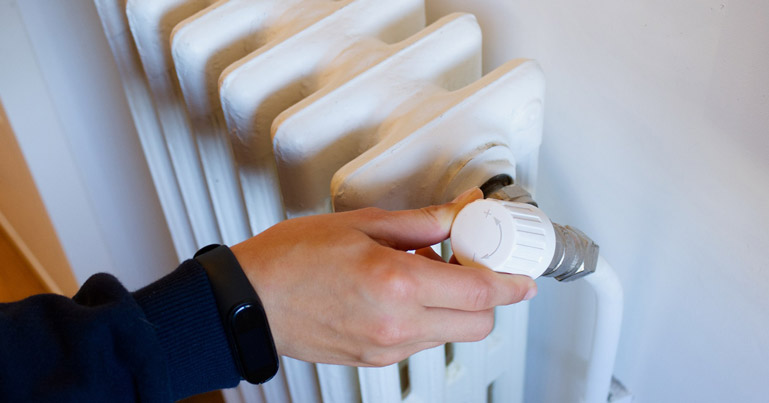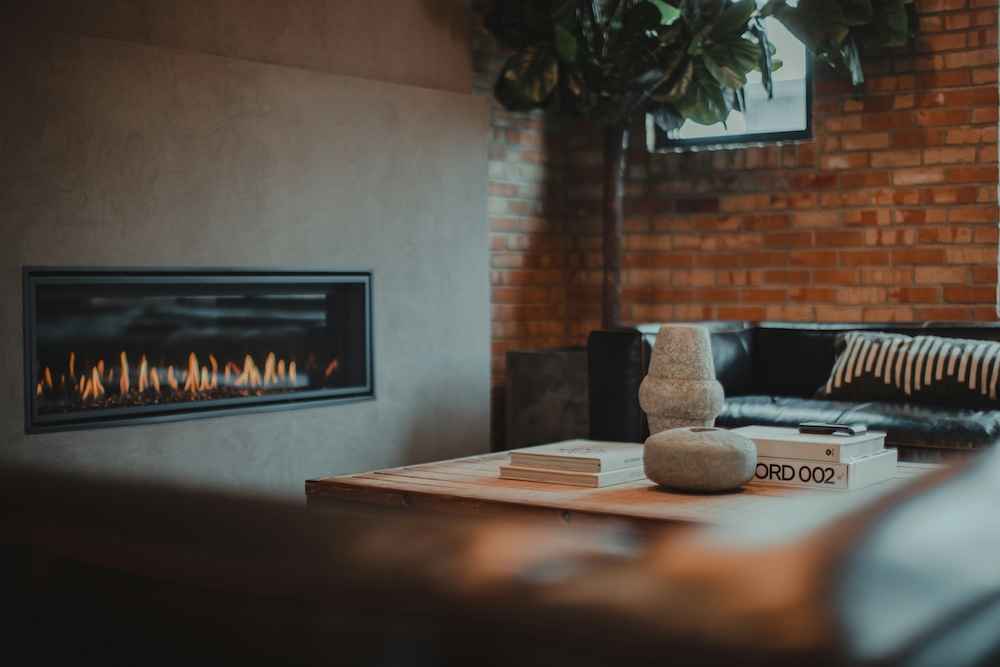2023-01-25
Implementation of the energy audit
The energy audit to improve the energy performance of the housing concerned

In the field of real estate, the energy performance of buildings plays a crucial role in reducing energy costs and contributing to the energy transition. The implementation of an energy audit is an effective tool for evaluating the energy performance of buildings, identifying opportunities for energy savings and developing an action plan to improve this performance.
What is an energy audit?
The "Climate and Resilience" law published on August 24, 2021 made it mandatory, initially on January 1 and January 2022, to carry out an energy audit when selling a house or a single-ownership building considered as a thermal sieve, that is to say whose energy performance diagnosis (DPE) is class F or G. Postponed to September 1, 2022, this obligation will come into force on April 1, 2023.
An energy audit is an in-depth analysis of the energy characteristics of a home or building, carried out by a professional. More specifically, this audit is intended to:
- Provide a complete database on the energy consumption of a building, with, among other things, information on the equipment installed (heating appliances, ventilation systems) or on the quality of the building's thermal insulation.
- Establish, according to the results, recommendations for energy renovation work to be carried out as a priority in the dwelling in question in order to optimize its performance. The audit includes in particular a timetable for the implementation of this work as well as a forecast of the costs to be incurred and the resulting savings. Note that these works are not mandatory to conclude the sale, but the purchaser will be informed of their nature.
Who is authorized to carry out an energy audit?
The energy audit must be carried out by a qualified professional, certified by an organization itself accredited by CORFRAC (French Accreditation Committee).
For residential buildings comprising several dwellings, the qualified professionals are:
- The “Energy audit of buildings (tertiary and/or collective housing)” design offices (OPQIBI 1905 qualification)
- Architecture companies and architects registered with the order and having undergone training
For individual houses:
- Design offices and companies qualified as "Energy audit in individual houses" (qualification OPQIBI 1911).
- Certified real estate diagnosticians (certificate issued by a certification body, which must be attached to their audit).

Why carry out an energy audit ?
The energy audit was set up as part of the Government's commitments to limit the production of greenhouse gases and to fight against global warming. It is mandatory for condominiums, especially those supplied by a collective heating system with more than 50 units.
In addition, the energy audit is required in the event of sale for residential buildings for residential use built more than 10 years ago.
The key stages of the energy audit
Building analysis
First of all, a general inventory of the property must be carried out: thermal and geometric characteristics, information on the heating, hot water production, ventilation, cooling and lighting equipment. This inventory makes it possible to compare the readings and indicators of the building's current consumption with the estimate of its real needs.
The implementation of an optimization or work plan
The audit gives rise to a list of possible improvement points with the aim of improving energy performance.
The Project Implementation Schedule
The professional in charge of your audit can tell you in what order to carry out the work, which ones have priority and possibly provide you with an estimate of the savings made in the short or medium term according to the planned improvements.
What is the cost of an energy audit ?
The cost of an energy audit depends on several elements: the size of the building, the nature of the building, the degree of detail of the analysis and the service provider you use.
In general, the audit costs:
- between 1000 and 1500 euros with an individual in a detached house
- up to 10,000 euros in joint ownership
Aid can, however, reduce the bill. Indeed, since 2020, MaPrimRenov has been providing financial assistance for carrying out an audit and its amount depends on your income category.
What is the difference between energy audit and DPE ?
An energy audit is a more in-depth study than the DPE, Energy Performance Diagnosis, which delivers the energy class of the accommodation. The label, valid for 10 years, thus determines the level of energy consumption and assigns 2 ratings, ranging from A to G:
- The energy label corresponding to primary consumption.
- The climate label linked to GHG emissions.
And, to know that the DPE has essentially an informative purpose and is limited to recommendations and advice.
Would you like more information on this subject in order to invest in real estate in Bordeaux? Do not hesitate to contact a specialist consultant from our Barnes Bordeaux agency.


